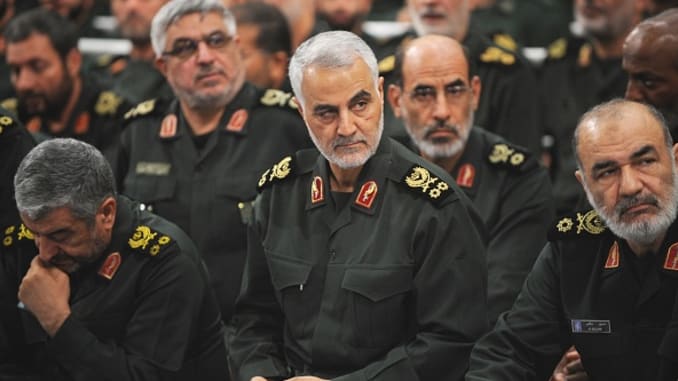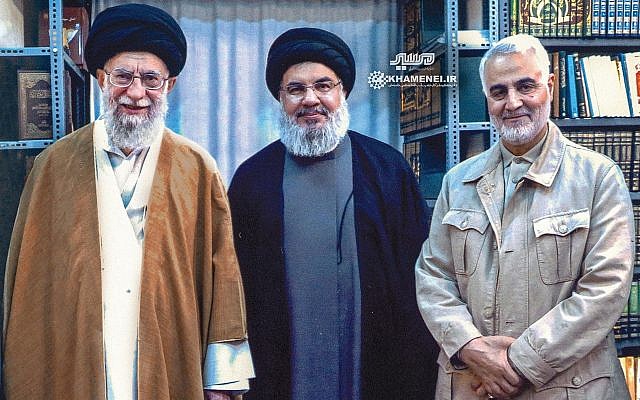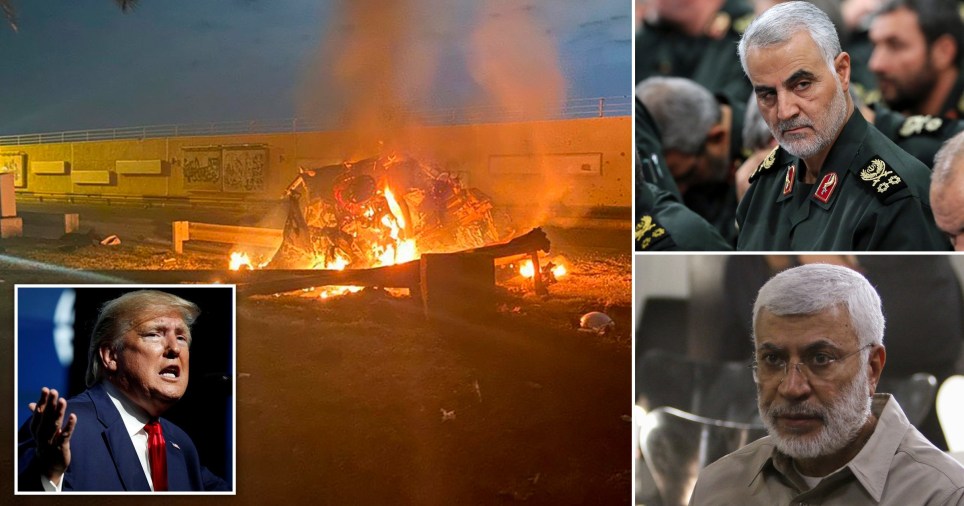Baghdad: The New York Times Jan 03, 2020 12:48:32 IST
In July 2018, after President Donald Trump warned Iran’s president not to threaten the United States, a rejoinder came not from the Iranian leader but from a military figure perhaps even more powerful.
“It is beneath the dignity of our president to respond to you,” Major General Qassem Soleimani declared in a speech in western Iran. “I, as a soldier, respond to you.”

On Friday, Soleimani was reported killed in an airstrike in Baghdad.
The general, a once-shadowy figure who enjoyed celebrity-like status among the hard-line conservatives in Iran, was a figure of intense interest to people inside and outside the country.
It is not just that he was in charge of Iranian intelligence gathering and covert military operations, and regarded as one of its most cunning and autonomous military figures. He was also believed to be very close to the country’s supreme leader, Ayatollah Ali Khamenei — and seen as a potential future leader of Iran.
That Soleimani was in Iraq when he was killed at age 62, at Baghdad International Airport, was not surprising.

He was in charge of the Quds Force of Iran’s Revolutionary Guard, a special forces unit that undertakes Iranian missions in other countries. He had been named to lead it in the late 1990s.
In that role, Soleimani was believed to be the chief strategist behind Iran’s military ventures and influence in Syria, Iraq and elsewhere in the region and beyond. He was considered the most effective military intelligence official in the region.
A senior Iraqi intelligence official once told US officials in Baghdad that Soleimani had described himself as the “sole authority for Iranian actions in Iraq.”
In his speech denouncing Trump, he was even less discreet — and openly mocking.
“We are near you, where you can’t even imagine,” he said. “We are ready. We are the man of this arena.”
Well before the speech, US officials had learned to see Soleimani as a formidable adversary.
After the 2003 US-led invasion of Iraq that toppled Saddam Hussein, the United States accused Soleimani of plotting attacks on US soldiers.
The general worked to expand Iran’s influence in Iraq, tying down the US military. The Iranian government was determined to retain its influence in the region and felt threatened by the expanding US military presence on its western and eastern flanks.
And in 2011, the Treasury Department placed him on a sanctions blacklist, accusing him of complicity in what US officials called a plot to kill the Saudi ambassador to Washington.
But at times, the adversary looked more like ally, however tenuous the relationship. US officials cooperated with the Iranian general in Iraq to reverse gains made by the Islamic State — a mutual enemy.
At the height of the Iraq War, as the Quds Force under Soleimani armed and trained Shiite militias in Iraq, the general was stoking violence and then mediating the conflict so he could make himself indispensable and keep the Iraqis off balance, former US officials have said.
According to a June 2008 cable written by Ryan Crocker, then the US ambassador to Baghdad, Soleimani played a role in brokering a cease-fire that enabled the battered Shiite militias in the Sadr City neighborhood of Baghdad, which Iran was supporting, to withdraw.
In 2015, Soleimani was in the northern Iraqi city of Tikrit, commanding Iraqi Shiite militias that were trying to recapture it from ISIS fighters. U.S. warplanes belatedly joined that campaign.
Soleimani also caught the imagination of ordinary Iranians. He came to prominence during Iran’s bloody eight-year war with Iraq. As a Revolutionary Guards’ commander, he gained a reputation for leading reconnaissance missions behind Iraqi lines.
“For Qasem Soleimani, the Iran-Iraq war never really ended,” Crocker once said in an interview. “No human being could have come through such a World War I-style conflict and not have been forever affected. His strategic goal was an outright victory over Iraq, and if that was not possible, to create and influence a weak




